Integrating Evidence Based Decision Making into Primary Care
Consumers with mental illness are at an increased risk of developing Hypertension. In this training, Dr. Casey Williams will discuss ways to screen for Hypertension, potential complications of the disease, and special considerations for treating clients with Hypertension.
Managing Antidepressant Adverse Effects and Switching Therapy
Approximately ¾ of antidepressants are prescribed in the primary care setting, yet many primary care providers lack comprehensive training on depression screening and treatment. In this presentation, Dr. Kelly Gable and Dr. Jaron Asher will review common and rare adverse effects associated with antidepressant therapy, discuss tolerability concerns and highlight when and how to switch medications.
Diagnosing Depression and Initial Antidepressant Selection
Approximately ¾ of antidepressants are prescribed in the primary care setting, yet many primary care providers lack comprehensive training on depression screening and treatment. In this presentation, Dr. Kelly Gable and Dr. Jaron Asher will discuss the medical and psychiatric triggers for depression, DSM-5 diagnostic criteria and common assessment measures. In addition, they will review specific cases and offer their suggestions for appropriate treatment.
Motivational Interviewing for Medicaid Health Providers
Behavior problems are common and change is hard. Treatment as usual tends to emphasize advice and prescription, but patients are often ambivalent about change and physician insistence is often a poor motivation. Research has shown the Motivational Interviewing is effective in helping clients develop their own intrinsic motivation for change.
Skin Cancer Update for the Family Physician
Skin cancer is an epidemic. The incidence of non-melanoma skin cancer in 2006 was over 3,500,000, and one in five individuals living in the United States will develop a non-melanoma skin cancer over the course of their lifetime. The incidence of both melanoma and non-melanoma skin cancer is rising year after year. Because of this, it is important that patients are trained on “sun smart” behaviors and skin self exams. Further, primary care providers play a critical role in examining patients for cutaneous malignancies at regular office visits as part of overall health maintenance. This presentation will discuss the three most commonly diagnosed forms of skin cancer, basal cell carcinoma, squamous cell carcinoma and melanoma. Epidemiologic information, clinical features, diagnostic techniques and considerations as well as treatments will be discussed in a condensed fashion targeted to the audience. Sun protective measures that patients should be educated about will be discussed as well. Upon completion of this exercise, the audience should have increased comfort in the assessment of lesions suspicious for skin cancer and improved knowledge regarding diagnosis and treatment of these three malignancies.







